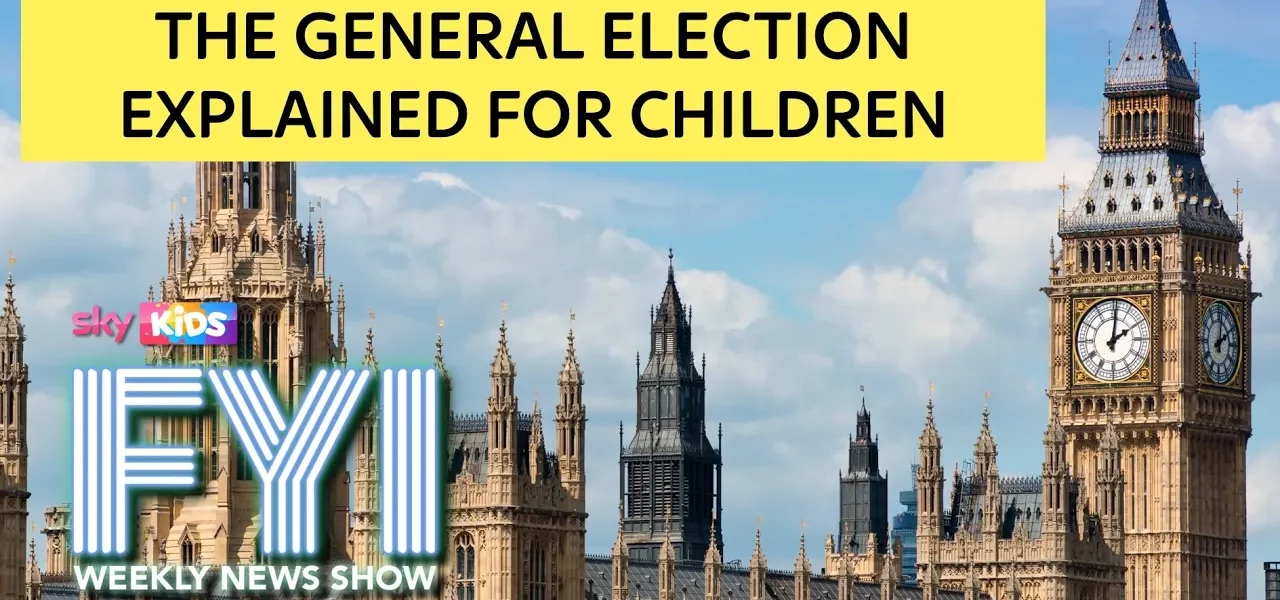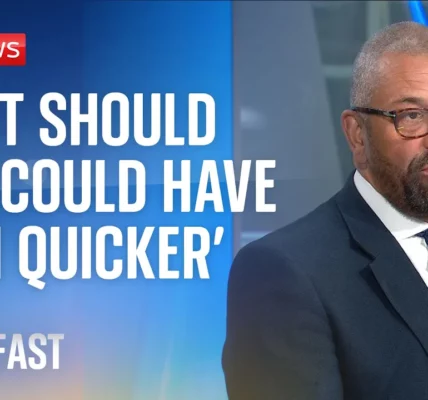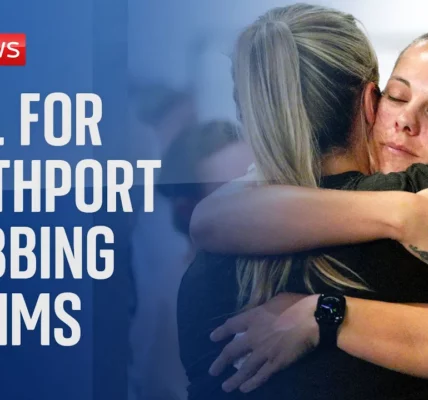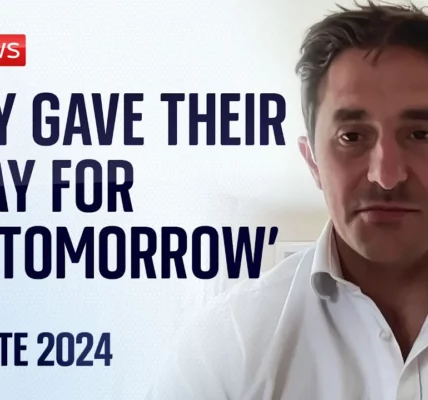How Do We Decide Who Gets to Run the UK?

This article delves into the complexities of how citizens in the UK choose their leaders through a structured democratic process involving voting, political parties, and parliamentary systems.
Introduction to UK Democracy
The UK operates under a democratic system, which allows its citizens to participate in choosing their leaders through general elections. This process is not as straightforward as it may seem; it encompasses various elements such as voting eligibility, constituencies, and the roles of political parties. In this article, we will explore the intricacies of how the UK decides who gets to run the country, shedding light on the voting process, the significance of manifestos, and the structure of Parliament.
The Voting Process in the UK
Voting is a fundamental right in a democracy, but it’s important to understand who is eligible to vote, how the voting process works, and what happens on election day.
Eligibility to Vote
To participate in UK elections, certain criteria must be met:
- Age: Voters must be 18 years or older.
- Legal Status: Individuals who are in prison or members of the House of Lords cannot vote.
- Citizenship: Only British citizens, along with qualifying citizens from the Commonwealth and the EU, can vote in general elections.
Understanding Constituencies
The UK is divided into 650 constituencies, each representing a local area. Each constituency is designed to have a roughly equal population, ensuring fair representation. Here’s how they function:
- Each constituency elects one Member of Parliament (MP) during a general election.
- MPs are responsible for representing the interests of their constituents in the House of Commons.
- Constituencies vary in size and demographic, affecting the political landscape in each area.
Political Parties and Manifestos
The majority of candidates who contest elections are affiliated with political parties, which play a crucial role in shaping political discourse and policy proposals.
Major Political Parties
The two dominant political parties in the UK are:
- The Conservative Party: Traditionally center-right, focusing on free-market policies and individual liberties.
- The Labour Party: Usually center-left, advocating for social justice and workers’ rights.
The Role of Manifestos
Before elections, political parties publish manifestos, which serve as comprehensive outlines of their proposed policies and goals. These documents are essential for voters to make informed decisions. Key aspects include:
- Policy proposals across various sectors, such as health, education, and the economy.
- Commitments to address local issues specific to constituencies.
- Party political broadcasts that provide further insights into party positions and initiatives.
What Happens on Election Day?
Election day is a critical time for citizens to exercise their right to vote. Here’s an overview of the process:
Polling Stations
Polling stations are set up across the country in accessible locations such as schools and libraries. Voters go to these stations to cast their votes.
Voting Procedure
On arrival at the polling station, voters are given a ballot paper that lists all candidates for their constituency. The voting steps include:
- Marking a cross next to the chosen candidate’s name on the ballot paper.
- Placing the completed ballot paper into a sealed ballot box.
Voting typically closes at 10:00 PM, after which the counting of votes begins.
Understanding Parliamentary Structure
Once the votes are counted, the elected candidates assume their roles in Parliament. This section explores how Parliament functions and how the Prime Minister is chosen.
Role of Members of Parliament
After elections, the winning candidate in each constituency becomes an MP and is responsible for:
- Debating and voting on proposed laws.
- Representing the views and needs of their constituents.
- Holding the government accountable through questions and debates.
Choosing the Prime Minister
The Prime Minister is typically the leader of the political party that has the most seats in the House of Commons. Here’s how the process works:
- The King invites the leader of the majority party to form a government.
- If no party has a clear majority, coalitions may be formed.
- The Prime Minister and the Cabinet make decisions that affect the entire UK.
The Impact of Devolution
Since the late 1990s, parts of the UK have experienced devolution, which has significant implications for governance.
What is Devolution?
Devolution refers to the transfer of powers from the central government to regional governments, allowing local authorities in Scotland, Wales, and Northern Ireland to make certain policy decisions. Key areas of focus include:
- Education: Local governments can set their own educational policies.
- Health: Health services can be tailored to meet the specific needs of local populations.
- Transportation: Regional authorities can make decisions on transport infrastructure and services.
Conclusion
Understanding how the UK decides who gets to run the country is vital for all citizens. From the voting process to the role of political parties and the significance of Parliament, each element plays a crucial part in shaping the nation’s governance. As future voters, it’s essential to engage with the political process and understand the impact of your vote. For those interested in learning more about the democratic process, consider exploring related articles on our website.
“`




